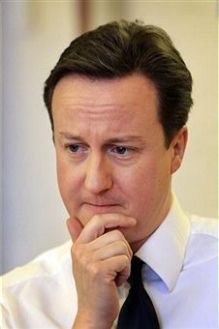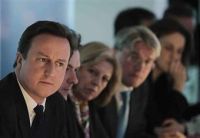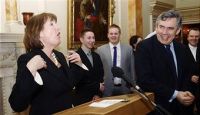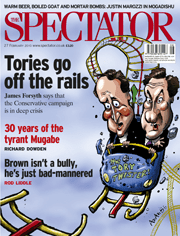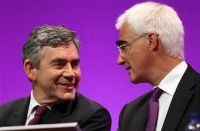Let us help plucky Moldova
Now that the post-Cold War era has ended it is hard to find small, inspirational states who seek to cement a new-found independence and yearn for what the West has to offer. Georgia looked like such a state until Russian aggression and Tblisi’s behaviour put an end to the country’s westward journey. Ukraine is too big, and too bolshy to count. Belarus is happy in Moscow’s embrace. But one country still fits the bill – Moldova. Sandwiched between Ukraine and Romania, Europe’s absolute poorest country is undergoing a new political spring after the recent elections. A new, Western-minded, youthful coalition government has replaced the old-style communists. It faces enormous challenges,




